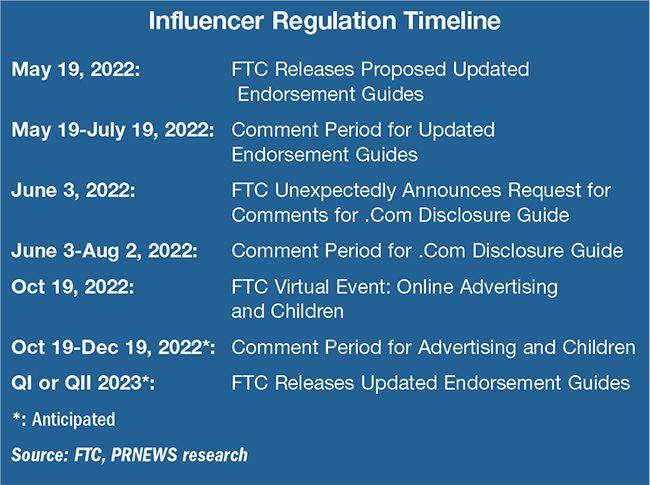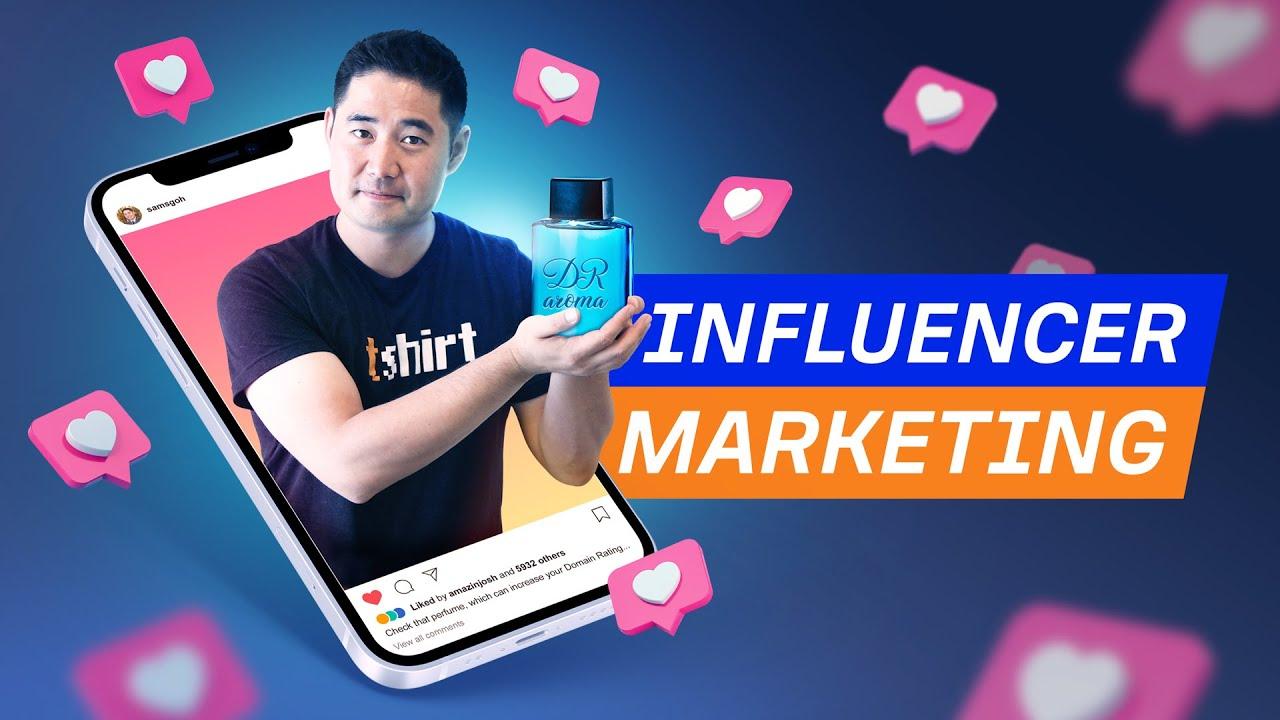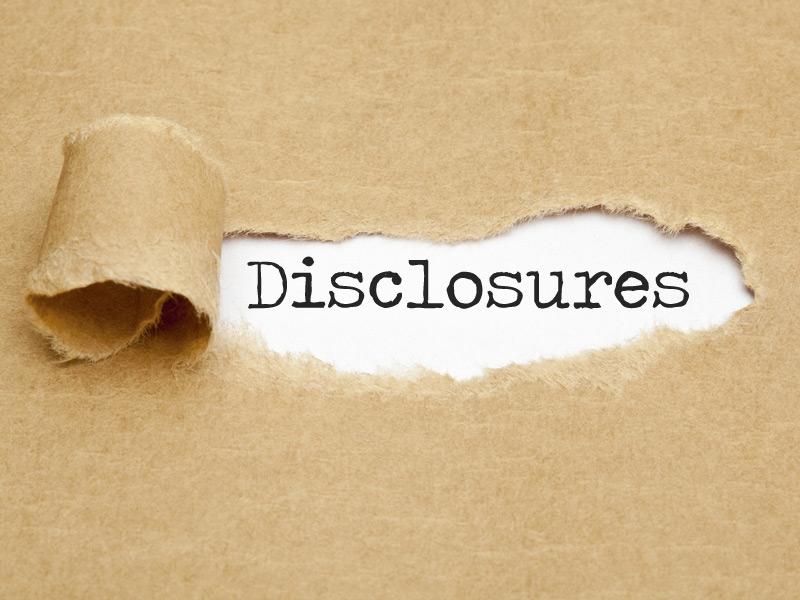
In the vibrant realm of digital marketing, YouTube stands out as a powerful platform where creativity and commerce converge. Influencer marketing has evolved into a dynamic force, enabling brands to connect with audiences through engaging content created by beloved YouTube personalities. Yet, as brands and influencers collaborate to captivate viewers, a complex web of legalities looms beneath the surface. Understanding the rules of engagement is essential not only to ensure compliance but also to foster lasting relationships built on authenticity and trust. In this article, we will explore the intricate landscape of YouTube influencer marketing, illuminating the legal considerations that both brands and creators must navigate to succeed in this ever-evolving ecosystem. From disclosure requirements to intellectual property rights, we’ll provide insights that empower you to harness the full potential of influencer partnerships while safeguarding your interests. join us on this journey as we demystify the legal framework surrounding one of today’s most compelling marketing trends.
Understanding FTC Guidelines for Influencer Partnerships
When engaging in influencer partnerships, it is crucial for both brands and influencers to adhere to the Federal trade Commission (FTC) guidelines. These regulations are designed to ensure transparency and protect consumers from deceptive advertising practices. Key elements include the necessity for clear and conspicuous disclosures about paid endorsements. Influencers must make it unmistakably clear when they are promoting products or services in exchange for compensation, either monetary or in-kind. This can be achieved through succinct statements that use terms like #ad, #sponsored, or other clear disclosures placed prominently in the title or description of the video.
brands must also facilitate compliance by providing influencers with the necessary resources to make appropriate disclosures. This involves not only guiding influencers on how to disclose material connections but also monitoring their content to ensure that these disclosures are consistently applied. Failure to comply with FTC guidelines can not only damage a brand’s reputation but can also led to serious legal consequences. Below is a simple breakdown of essential disclosure practices:
| Disclosure Practice | Description |
|---|---|
| Placement | Disclosures should be easily visible, placed in the video title or near the promotional content. |
| Clarity | Use simple, unambiguous terms like #ad and #sponsored. |
| Consistency | Ensure disclosures are made every time a product or service is promoted. |

Crafting Compliant Content: Best Practices for YouTube Creators
Crafting content that adheres to legal and ethical standards is crucial for YouTube creators aiming to maintain their integrity and audience trust.Here are some essential strategies to consider:
- Full Disclosure: Always inform your audience when a video includes paid promotions, sponsorships, or affiliate links.
- Adherence to FTC Guidelines: familiarize yourself with the Federal Trade Commission’s guidelines and ensure your content aligns with these rules.
- Ownership of Content: Secure rights for all images, music, and other media used in your videos to avoid copyright infringement.
- Audience engagement: Encourage feedback from your audience regarding sponsored content, to foster transparency and trust.
Additionally, employing a systematic approach to compliance can ease the process and enhance content quality.Consider implementing a checklist before publishing:
| Checklist Item | Status |
|---|---|
| ✔️ Disclosed sponsorships | ✅ Completed |
| ✔️ Checked copyright permissions | ✅ Completed |
| ✔️ Reviewed FTC guidelines | ✅ Completed |
| ✔️ Engaged audience for feedback | 🔄 Pending |

Disclosures and Transparency: Building trust with Your Audience
In the realm of influencer marketing, especially on platforms like YouTube, maintaining clear interaction about partnerships and sponsorships is vital to foster a trusting relationship with your audience. Transparency not only enriches the influencer’s credibility but also aligns with the ethical standards expected by viewers. To ensure authenticity, influencers should openly disclose any affiliations or financial incentives tied to their content. This can include announcements like:
- Using phrases such as #ad or #sponsored in video titles or descriptions
- Incorporating verbal disclosures at the start or conclusion of sponsored videos
- Creating visually engaging graphics that highlight partnerships within the video
moreover, brands and creators alike must recognize that the essence of influencer marketing hinges on genuine relationships with audiences. A policy of full disclosure not only mitigates potential legal ramifications but also highlights a brand’s commitment to ethical practices. Consider establishing a transparency table that clearly outlines all sponsorships and partnerships. This can enhance viewer trust considerably.
| Brand | Type of Collaboration | Date of Disclosure |
|---|---|---|
| Brand A | Sponsored Video | January 15, 2023 |
| Brand B | Product Review | February 5, 2023 |
| Brand C | Affiliate Link | March 20, 2023 |

Avoiding Legal Pitfalls: Key Considerations for Influencers and Brands
As the dynamic landscape of influencer marketing continues to evolve, both influencers and brands must remain vigilant to avoid potential legal repercussions. One of the foremost considerations is the requirement for disclosure. The Federal Trade Commission (FTC) mandates that influencers must clearly indicate when content is sponsored or has a material connection with brands. This can be done through straightforward language such as #ad or #sponsored in video descriptions or verbal disclosures during the content itself. Failing to disclose such relationships can lead to significant fines and damage to credibility for both parties involved.
Additionally, brands and influencers should pay close attention to intellectual property rights. It’s essential to ensure that all content shared is either original or properly licensed to avoid copyright infringement. Here are some crucial elements to keep in mind:
- Content Ownership: Confirm who owns the rights to the content created.
- Licensing Agreements: Clearly define the terms in contracts regarding how content can be used.
- Attribution: Provide appropriate credit where due to avoid plagiarism claims.
Moreover, keeping meticulous records of any agreements made with brands or influencers can be invaluable in the event of disputes. Utilizing a simple table to track these agreements can streamline management:
| Brand/Influencer | Collaboration Type | Agreement Date | Key Terms |
|---|---|---|---|
| Brand A | Product Review | 2023-01-15 | 5 Posts, 2 Stories |
| Influencer B | Sponsored Video | 2023-02-10 | Full Disclosure required |
| Brand C | Affiliate Partnership | 2023-03-05 | Commission on Sales |
The Way Forward
As we conclude our exploration of the intricate landscape of YouTube influencer marketing, it becomes clear that understanding and navigating the legalities is essential for anyone aspiring to thrive in this dynamic environment. From ensuring compliance with disclosure requirements to addressing copyright concerns, the responsibilities of influencers and brands alike can be vast and complex.
However, armed with knowledge and a proactive approach, creators and marketers can forge authentic connections with their audiences while safeguarding their interests. The path may be winding, but the rewards of navigating it wisely—transparency, trust, and lasting partnerships—are well worth the journey.
As you embark on your influencer marketing ventures,remember that diligence and integrity serve as your best allies. May your content shine in the spotlight while you steer clear of the pitfalls, crafting campaigns that resonate, engage, and inspire. Here’s to a future where legalities enhance creativity, paving the way for authentic storytelling in the ever-evolving world of YouTube.